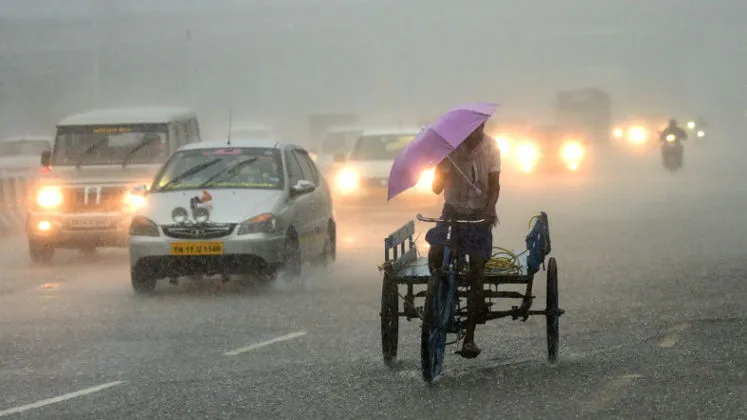While the recent report of United Nations Human Rights on China’s treatment of Uyghurs and other ethnic minorities in the Xinjiang region has brought global condemnation, most of the African countries were silent on it due to Beijing’s heavy economic clout in the second-biggest continent.
Cobus van Staden, a China-Africa expert at the South African Institute of International Affairs, said that because of China’s economic clout, most African countries simply don’t want to “pick a fight” over Xinjiang, which, to many, seems far away, reported allAfrica. “We’ve seen most African countries side with China, and this includes a lot of majority Muslim countries. … In terms of how the African partners will vote on the human rights council (if there is a vote), I tend to fear that they will probably vote with China,” he said.
There are reasons for this, he said. China is Africa’s biggest trade partner, far outstripping the West, and a lot of African countries “tend to be quite suspicious of separatist movements and quite suspicious of hardliners or political Islam.”
Nigeria, for example, has been plagued by hardliner Islamist groups, reported allAfrica. The report, published by then-UN human rights chief Michelle Bachelet on her last day in office in August, said China’s actions against Uyghurs and others in the Xinjiang region “may constitute international crimes, in particular crimes against humanity,” citing abuses such as arbitrary detention in camps, torture and sexual violence.
However, China’s ambassador to the UN in Geneva, Chen Xu, delivered a joint statement on September 13, during the 51st session of the Human Rights Council, saying the Xinjiang assessment was “based on disinformation and draws erroneous conclusions.” The statement was signed by 28 other countries, with close to half of the supporters from African countries such as Burundi, Cameroon, Comoros, Egypt, Equatorial Guinea, Guinea, Eritrea, Ethiopia, Sierra Leone, South Sudan and Zimbabwe, reported allAfrica.

















